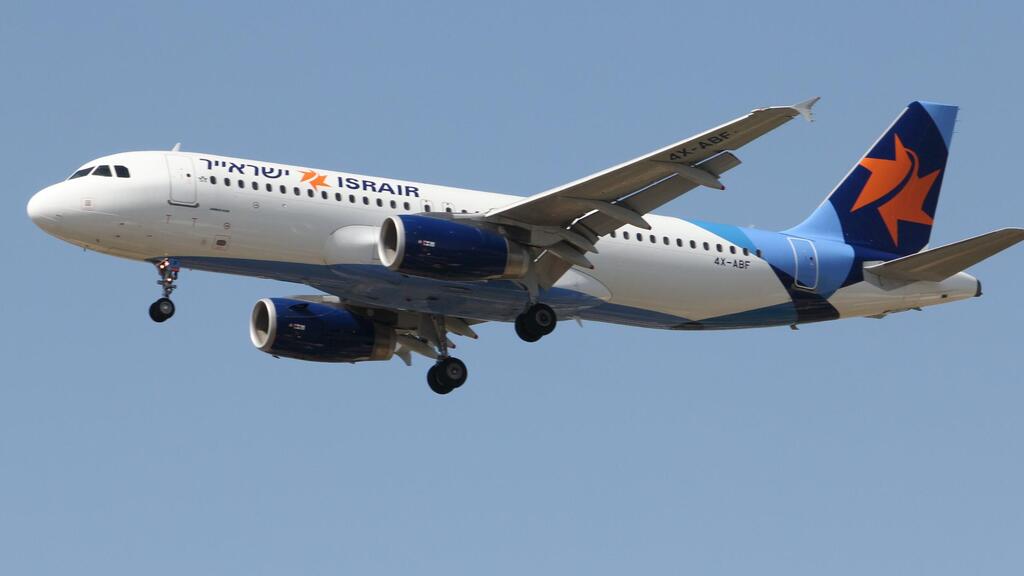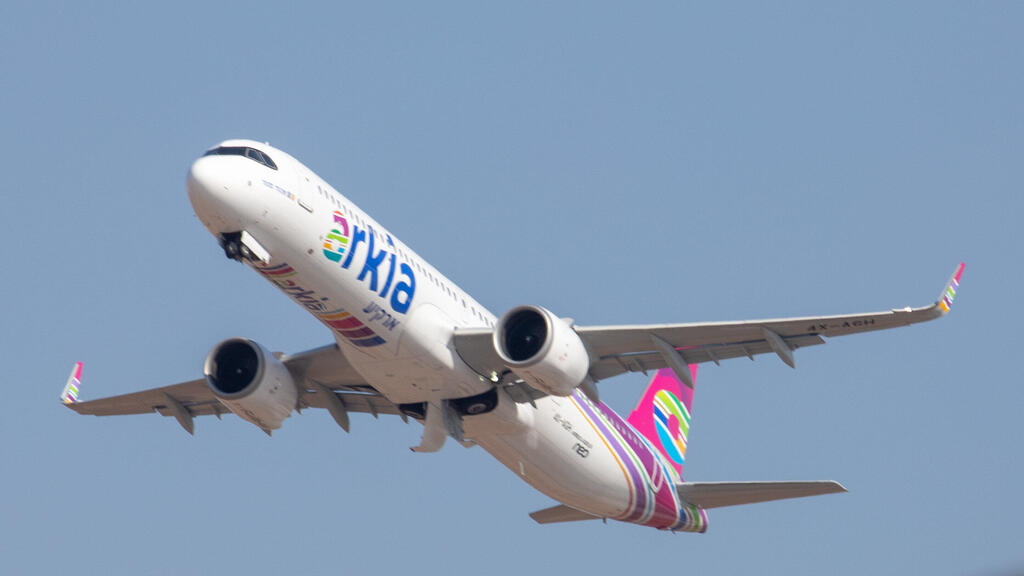Getting your Trinity Audio player ready...
While the ministry touted the decision as a “major breakthrough” that could allow the airlines to offer up to 10 weekly flights between Tel Aviv and New York this winter, both companies have expressed reservations.
FLY ME TO NEW YORK!
(ILTV)
Israir CEO Uri Sirkis told Ynet that flights to the U.S. would only proceed if amendments are made to the controversial "Tibi Law," which governs passenger compensation for flight delays and cancellations. Arkia also welcomed the ministry’s efforts but said that it currently has no practical plans to begin flights to the U.S.
The Tibi Law mandates compensation for passengers in cases of delays exceeding eight hours or cancellations without 14 days’ notice, with amounts ranging from 1,440 shekels ($360) for shorter flights to 3,460 shekels ($865) for long-haul routes.
Airlines have long argued that the law’s stringent terms, coupled with limited exemptions for extraordinary circumstances, make launching U.S. routes financially risky.
Despite the airlines’ hesitations, the Transportation Ministry said both companies are in the process of leasing wide-body aircraft for the proposed routes, which could challenge El Al’s monopoly on direct flights to the U.S., lower ticket prices and improve availability for travelers.
A recent Knesset Economic Affairs Committee hearing addressed proposed amendments to the law, which could curtail passenger rights while benefiting airlines. Committee Chair David Bitan said he would consider changes only if foreign carriers—many of which stopped flying to Israel amid security concerns—commit to resuming operations.
Israir highlighted the law's potential financial strain on carriers, noting it has faced over 100 claims totaling NIS 2.2 million ($600,000) since the start of the war. Security-related disruptions have exacerbated the situation, as foreign airlines frequently suspend flights to Israel, leaving passengers without alternatives.
Get the Ynetnews app on your smartphone:






